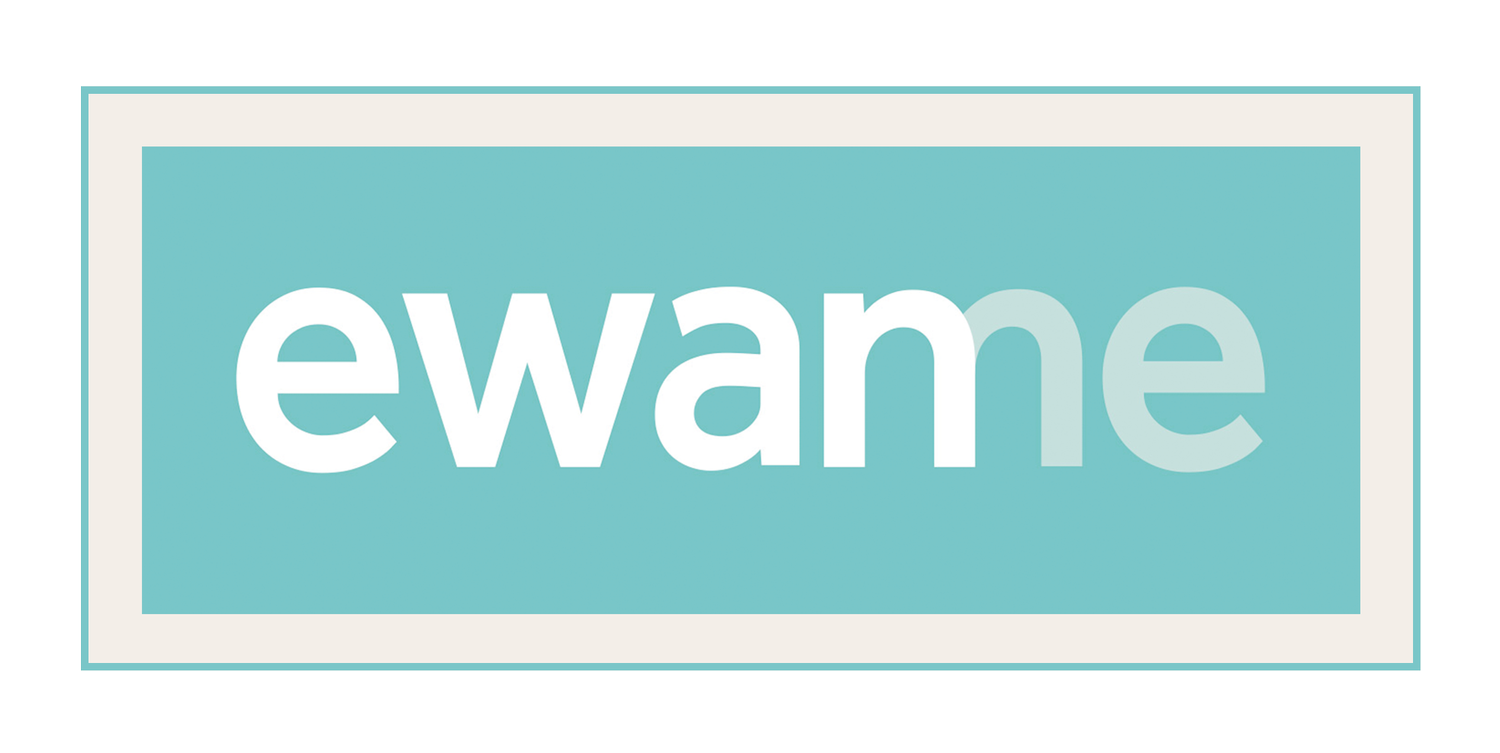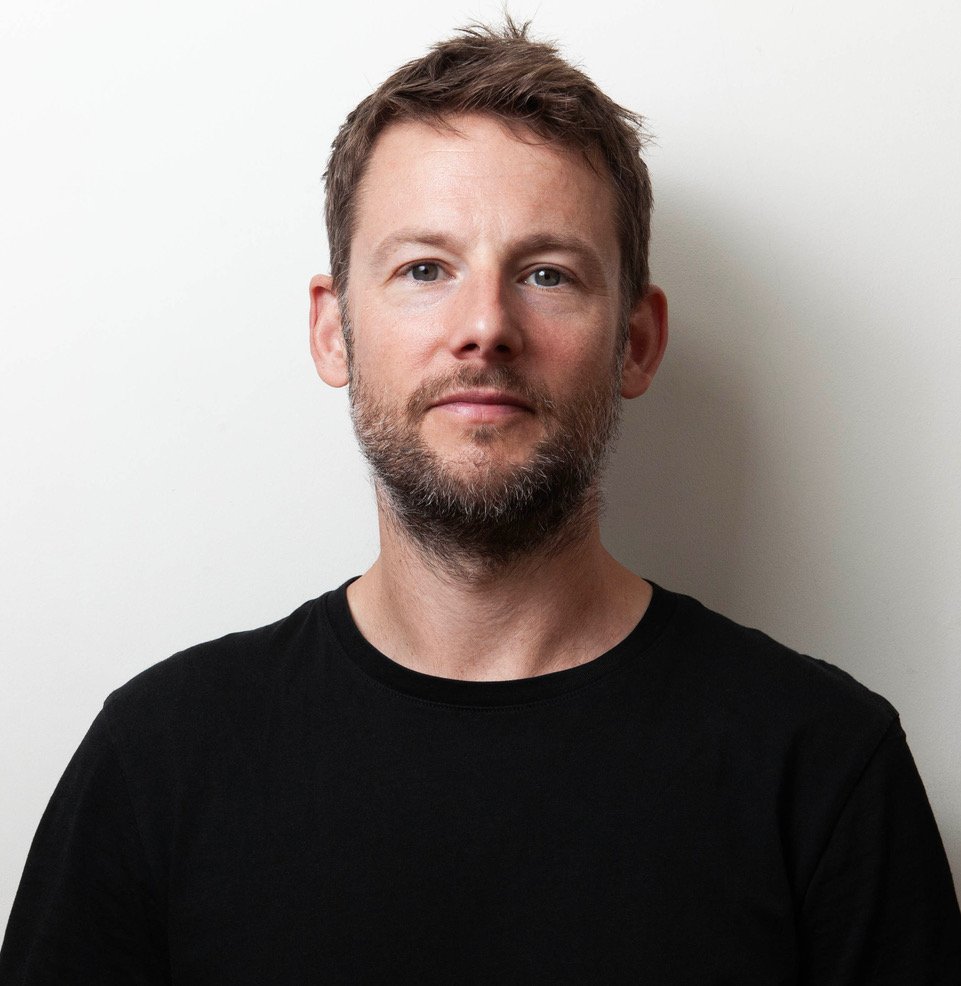Meet Isaac, Creative Editor
This month’s Artist-in-Residence is Isaac, a multi-talented filmmaker who has worked with London’s top creative agencies for over 20 years. We got to hear about his journey from a kid with a camcorder to directing and editing commericals for major brands.
What made you want to become a filmmaker?
I’ve had a fascination with making videos for as long as I can remember. Growing up, I’d get my hands on camcorders and try to recreate the sort of things I’d seen on TV. Without any real equipment, the edits all had to be done in camera. I’d try things like stop-frame animation, by recording as short a clip as possible over and over. I also absorbed a LOT of MTV during my teenage years, that definitely has a lot to answer for!
Did you s
tudy a course that enabled you to get into your field, and was it useful to get into the industry?
I
studied Film and Video at Derby University. The access to kit was pretty limited, so I blew my student load on an Apple Mac and DV camera, then spent my time in Derby making videos and club visuals for breakbeat and hip-hop nights locally. I loved it so much that, when I graduated, post-production was the only career path I considered. Having received little interest in my applications for runner positions, my break happened shortly after finishing university through a chance introduction in a pub, which resulted in me being hired as a Junior Editor for the now-defunct ad agency Burkitt DDB.
For young aspiring artists what’s the best advice you can give them to get into the industry and be successful?
I believe any aspiring video production artist can learn a great deal by working with more experienced professionals. If you can find a junior position in a good company, the more experienced team members will be a vital source of information and you’ll inevitably make some of those all-important contacts to call upon further down the line. When I first started out I would use any downtime to attend sessions with the senior editors and visual effects artists around Soho. This invaluable learning opportunity allowed me to observe how those further down their career paths approached problems that I hadn’t yet encountered. I shadowed some vastly different personalities and saw how they collaborated. As well as introducing alternative approaches to problem-solving, this insight gave me confidence to handle the high-pressure environments that some jobs present. Working on such varied projects and with all manner of people was instrumental in giving me the scaffolding required to run Yeti, the production department at Mullen Lowe London.
How has the industry changed in your field over the years? For better or for worse?
So much has changed. When I started out, edits were still presented on tape and the renders took considerably longer than they do now. As technology has evolved everything’s become quicker. Schedules are shorter and people expect greater results in far less time. Software is evolving and there are many great features which save hours or even days, which is brilliant. Although, a mixed blessing when you charge by the hour!
What are the key elements that contribute to creating exceptional work and getting to the top of your profession?
Having a can-do attitude, being detailed and focused on the job itself and enthusiastic and accommodating with the clients is key. You’re often judged by the quality of your most recent work so treating each project with as much care as the last, and consistently doing your best work is imperative.
Do you have a project or client that you are most proud of working on/with?
I’ve had the privilege to work on some really interesting projects over the last 20 years. Recently, I edited some films for TeamViewer with footage from the Mercedes AMG Formula One team. There was some great material to work with and I found the process of building these exciting and dynamic edits particularly satisfying. Going back a few years, I’m particularly proud of a series of stop-frame animations which I shot in 2017 for Post Office, with a brilliant cardboard artist, Chris Gilmore.
How did you start working with ewanme and is working remotely a positive move?
I toyed with the idea of going freelance for a few years, but ultimately it was a department restructuring and subsequent redundancy package which eventually paved the way for my transition. Six months after going freelance the world experienced the COVID pandemic, and I’ve been working almost entirely remotely ever since. Remote working hasn’t impacted my work or timeframes negatively at all. I’d say there are advantages to being physically removed from the rest of the team. The separation means you're more entrusted, which gives you more creative autonomy, which I love.
Ewanme have introduced me to some great clients and helped significantly in supporting my career. It’s also a bonus to know that you’re part of a wider ewanme team, alongside VFX, Colour and Sound designers.

